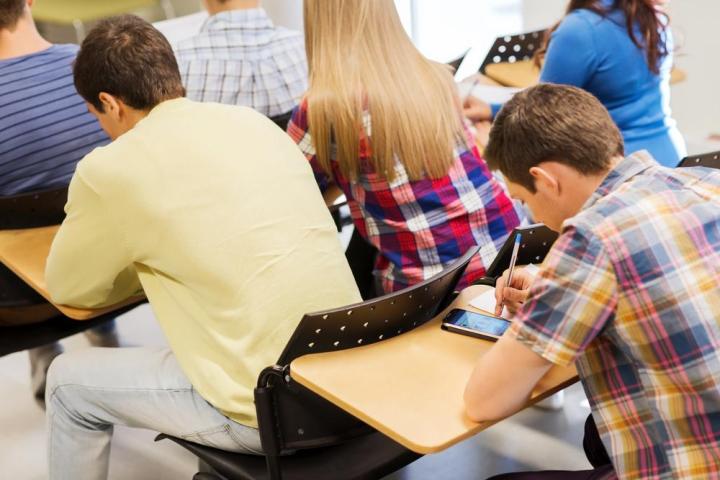
Fed up with seeing everyone engrossed in their phones instead of in his lesson, science teacher Dean Liptak cranked up a cell phone jammer inside his classroom to effectively shut the devices down. The ploy worked – until Verizon turned up complaining that someone at the school was interfering with its network.
As Liptak and his jammer were correctly identified as the cause of the problem, Verizon pointed out that cell phones beyond the teacher’s classroom were also being affected by the jammer.
While many people will no doubt have plenty of sympathy for a man simply attempting to impart knowledge to help his charges get ahead in life, Pasco County school district spokeswoman Linda Cobbe took a very different view of the teacher’s actions.
“The consequences could have been dire if he was jamming the signal so that 911 calls couldn’t be made,” Cobbe told local news outlet WTSP. “It would affect an emergency in the school.”
Suspension
As a result of his action, Liptak has been suspended from work for a full five days, without pay. Liptak said he thought it was an offense to use a jammer only if it involved malicious intent. However, it’s since been brought to his attention that the devices are in fact illegal throughout the U.S..
On its website, the Federal Communications Commission (FCC) spells it out: “We remind and warn consumers that it is a violation of federal law to use a cell jammer or similar devices that intentionally block, jam, or interfere with authorized radio communications such as cell phones, police radar, GPS, and Wi-Fi.”
Last year the FCC hit Florida resident Jason Humphreys with a hefty fine after he was caught using a signal jammer from his car. Humphreys, who told cops he wanted to stop people from using their handsets while driving, had been using the device for around two years.
At the time of his arrest, the agency pointed out that jammers could endanger life and property by preventing individuals from making emergency calls.
As for Liptak’s school, perhaps it should consider imposing stricter rules when it comes to mobile devices. After all, a recent study published by the Centre for Economic Performance at the London School of Economics found that students at schools that have an outright ban in place achieve better academic results, a finding that probably won’t come as too much of a surprise.
Editors' Recommendations
- How to get better service — 9 tips for boosting cell phone signal
- Florida’s predawn phone emergency alerts scheduled to continue
- The best small business cell phone plans
- Is cell phone radiation actually dangerous? We asked some experts
- Here are 10 ways your cell phone carrier is screwing you


